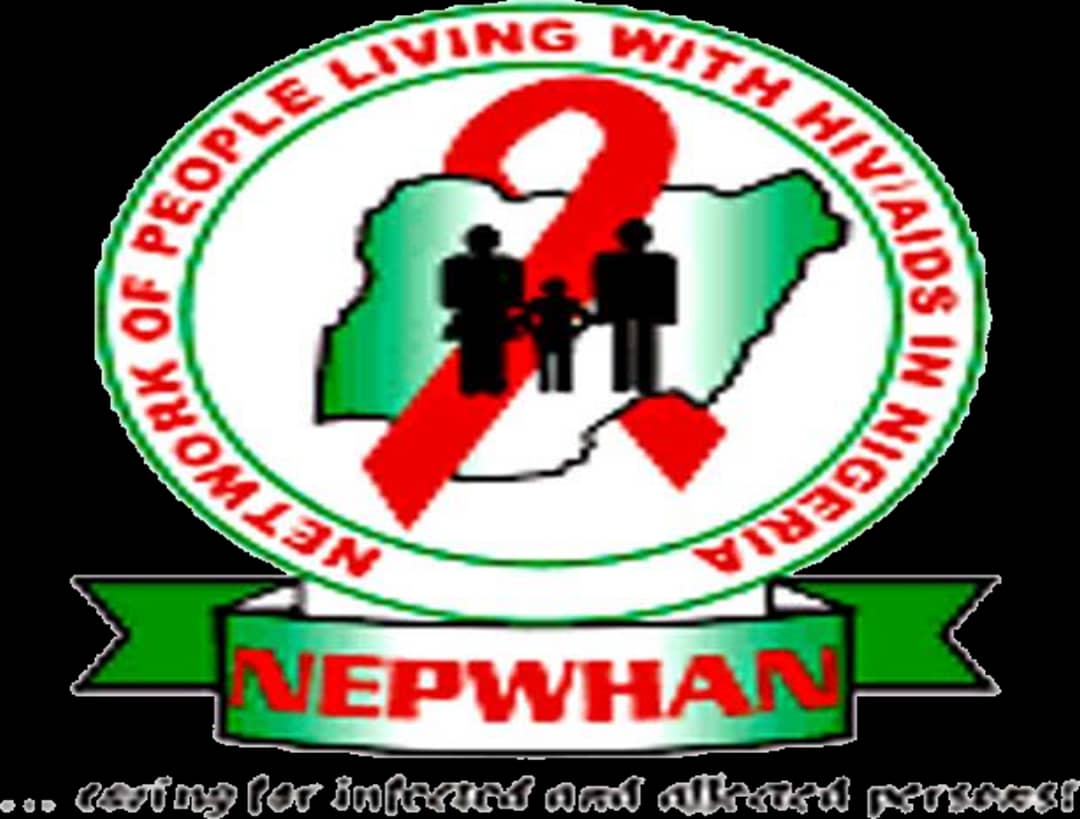Some Nigerians living with HIV have expressed concern over access to antiretroviral drugs following a 90-day freeze on foreign aid ordered by US President Donald Trump. The decision by the Trump administration is expected to affect the supply of these life-saving drugs through the President’s Emergency Plan for AIDS Relief (PEPFAR), a program Nigeria has heavily relied on.
Speaking with our reporter, a human rights activist Jeremiah Dike in Port Harcourt expressed deep frustration over the situation, describing it as pathetic. He criticized Nigeria’s inability to provide basic necessities for its citizens, questioning why a nation of its size and resources remains dependent on foreign aid.
He stressed that 90 days is sufficient time for Nigerian pharmacists, professors, and doctors to mobilize resources for the production and distribution of these essential drugs.
Dike further lamented that despite being blessed with abundant natural resources, Nigeria has reduced itself to a dependent nation, constantly seeking help from others.
“We claim to be independent, yet we fail to take action as a nation. We deliberately keep ourselves poor just to rely on foreign aid. We have the capacity to produce these drugs, but instead, we choose to remain political puppets in the hands of other countries,” he concluded.
The Rivers State Coordinator of the Network of People Living with HIV, Chigozie Blessing in an interview described the situation as distressing and disheartening. She noted that fieldwork, training, and meetings would slow down significantly due to the funding freeze.
“It has been very difficult. For the past few days, I have been receiving nonstop calls. Many are in tears, fearing that funding will be cut off and wondering how they will survive. Some feel like the world is coming to an end,” she said.
Similarly, the Coordinator of People Living with HIV in Lagos State, Patrick Akpan, warned of severe consequences if access to medication is disrupted.
“If people stop taking their drugs, the virus will spread, leading to more infections and increased deaths. I hope this serves as a wake-up call for the Nigerian government to take responsibility. We cannot rely on international funding indefinitely. There will come a time when donors will withdraw their support, and when that happens, it will be Nigeria’s duty to care for its citizens,” he stated.
Meanwhile, the Director-General of the National Agency for the Control of AIDS (NACA), Temitope Ilori, assured that the Federal Government would intensify domestic resource mobilization to ensure sustainability in the country’s HIV response. She emphasized the need to reduce dependence on donor funding to avoid disruptions in critical healthcare services.
By Nzeuzor Jane, Port Harcourt

























